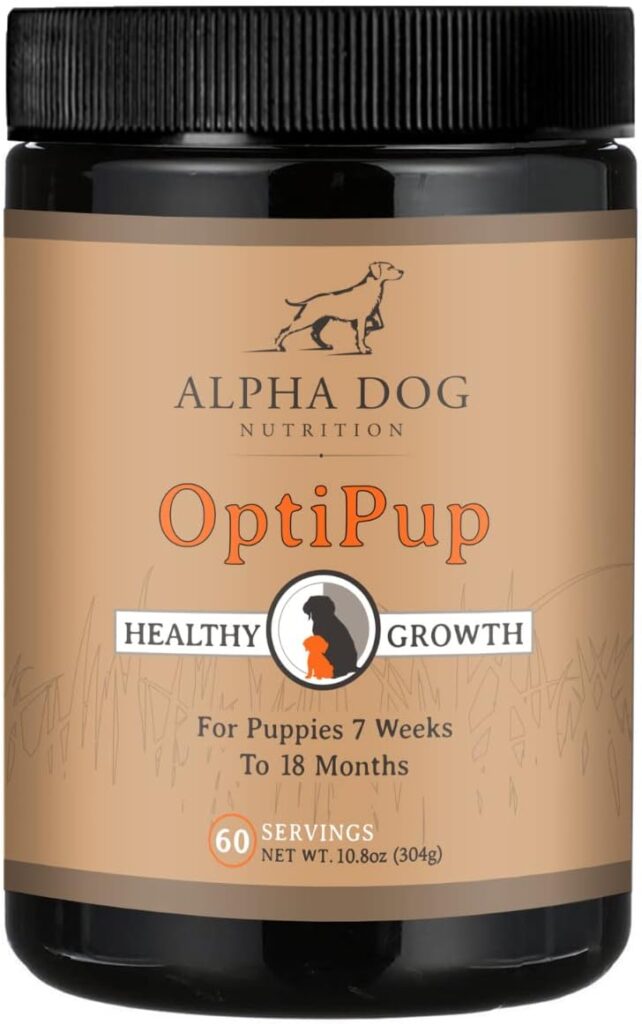Just like humans, puppies can catch colds and experience respiratory issues.
Understanding the symptoms of a cold in your puppy is crucial for timely intervention and care.
In this post, we are going to explore 5 common cold symptoms in pups and a few tips to support your puppy’s immune system.
Let’s dive in!
5 Cold Symptoms In Puppies
1. Runny Nose
What to Look For
A runny nose is one of the most noticeable symptoms of a cold in puppies. You may see clear or cloudy nasal discharge, and your puppy might frequently sniff or wipe their nose on surfaces.
What to Do
- Keep the Area Clean: Gently wipe your puppy’s nose with a clean, damp cloth to help remove discharge.
- Monitor for Changes: If the discharge becomes thick, yellow, or green, consult a veterinarian.
2. Sneezing
What to Look For
Frequent sneezing can indicate that your puppy is dealing with a cold. Just like humans, puppies may sneeze to clear irritants from their nasal passages.
What to Do
- Observe Patterns: Take note of how often your puppy sneezes. Occasional sneezing is usually normal, but persistent sneezing warrants attention.
- Create a Calm Environment: Ensure your puppy is in a clean area, free from dust and allergens that might exacerbate sneezing.
3. Coughing
What to Look For
A cough can be a common symptom of a cold or respiratory infection in puppies. You may hear a dry, hacking cough or a wet cough that produces phlegm.
What to Do
- Monitor the Cough: Keep track of how often your puppy coughs and any accompanying symptoms, such as lethargy or fever.
- Consult a Veterinarian: If the cough persists for more than a few days or worsens, it’s important to seek veterinary advice.
4. Lethargy
What to Look For
If your puppy seems unusually tired or less playful than usual, it could be a sign of fatigue due to a cold. Lethargy may accompany other symptoms like a runny nose or coughing.
What to Do
- Encourage Rest: Provide a comfortable, quiet space for your puppy to rest and recover.
- Monitor Activity Levels: If your puppy continues to be lethargic for more than a day or two, it’s best to consult a vet.
5. Loss of Appetite
What to Look For
A decrease in appetite is common when puppies are not feeling well. If your puppy is reluctant to eat or drink, it may indicate that they are dealing with a cold.
What to Do
- Offer Tempting Foods: Try offering small amounts of bland, easy-to-digest foods like boiled chicken or rice to encourage eating.
- Stay Hydrated: Ensure your puppy has access to fresh water. If they aren’t drinking, consider offering ice cubes or broth to entice them.
My Recommended Immune Support
When it comes to puppy colds, it is essential to find the right solutions for your pup.
And in personal experience, sometimes it takes an extra kick with a quality product to support your pup’s immunity.
My personal favorite product for my pup is Alpha Dog’s OptiPup.
OptiPup is expertly formulated by PhD animal nutritionists to provide a comprehensive multivitamin for puppies, featuring 31 superfood ingredients that lay a strong foundation for lifelong health.
The first 18 months of a puppy’s life are crucial, and OptiPup ensures they receive essential nutrients to support their growth and development.
With blends of prebiotics and probiotics, it promotes healthy digestion and includes powerful mushrooms like Chaga, Reishi, and Shiitake for robust immune support.
Additionally, the formula contains Omega-3 fatty acids and amino acids that enhance skin and coat health, giving your puppy that signature Alpha Dog shine.
Simply follow the directions on the label and you’re good to go!
Support For Your Pup’s Cold
Recognizing the signs of a cold in puppies is the first step toward ensuring their health and comfort.
If you notice any of these symptoms—runny nose, sneezing, coughing, lethargy, or loss of appetite—monitor your puppy closely and provide a comfortable environment for recovery.
While many colds can be managed at home, it’s important to consult a veterinarian if symptoms persist or worsen to rule out more serious conditions.
Keeping your puppy healthy and happy is always the priority!
Thank you for reading!
